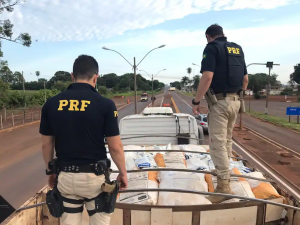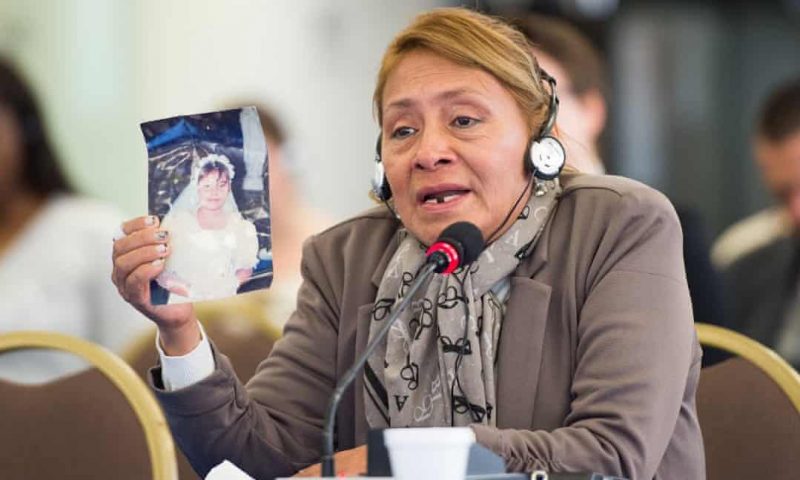By: Ryan Ockenden
Impunity Watch Staff Writer
CARRIZO SPRINGS, United States of America – Within recent weeks, thousands of unaccompanied migrant children have arrived at the southern border of the United States. President Biden has agreed not to turn back unaccompanied minors in spite of Title 42, the emergency public health law invoked by former President Trump, which authorized turning away the majority of migrants due to COVID-19.

Although President Biden promised to take a more humane approach to unauthorized immigration, his administration has re-opened the controversial Carrizo Springs detention center, to house these unaccompanied minors. According to the Trafficking Victims Protection Reauthorization Act, minors cannot be held by border agents at these detention centers for more than 72 hours. After 72 hours, the unaccompanied minors must then be transferred to shelters while the Office of Refugee Resettlement can locate their family members in the United States and arrange for their release to the families. The Biden administration is not following this law. Due to the lag in processing, children are being held for much longer in detention centers like that in Carrizo Springs. Once unaccompanied minors arrive at the shelters, many of them are not being released to their families, despite the families being located, because of the requirement that the minors quarantine for ten days and test negative twice for COVID-19.
In the past, the Inter-American Court and Commission of Human Rights (IACHR) has asserted that detentions at the U.S. southern border must be as brief as possible. Further, the IACHR has stressed that the best interests of a child are the primary consideration in any action taken in relation to the child. COVID-19 has posed a confounding problem for the American government: whether to prioritize public health; or, to get children out of shelters and into their families’ possession as soon as possible.
Many human rights advocates feel that the Biden administration is reverting to the perverse policies under former President Trump. The advocates believe the vulnerable children are being held in unsafe facilities that do not meet their best interest: being sent to safety with their family members in the United States.
In the face of a health crisis, the Biden administration will continue to face two issues: (1) ensuring children are not held for more than 72 hours in Border Patrol custody; and, (2) whether prioritizing public health and quarantine policies over reuniting unaccompanied minors with their families is appropriate. On the first issue, the Biden administration has said that they do not want to keep the facilities open long, but they have no current alternative since they did not inherit a system that manages COVID-19 and the influx of unaccompanied minor migrants. On the second issue, the Biden administration has shown no indication to change their policy, raising questions about whether they are seeking the best interests of the children.
For further information, please see:
NPR – Biden Pledges That Border Shelter For Teens ‘Won’t Stay Open Very Long’ – 25 Feb. 2021


